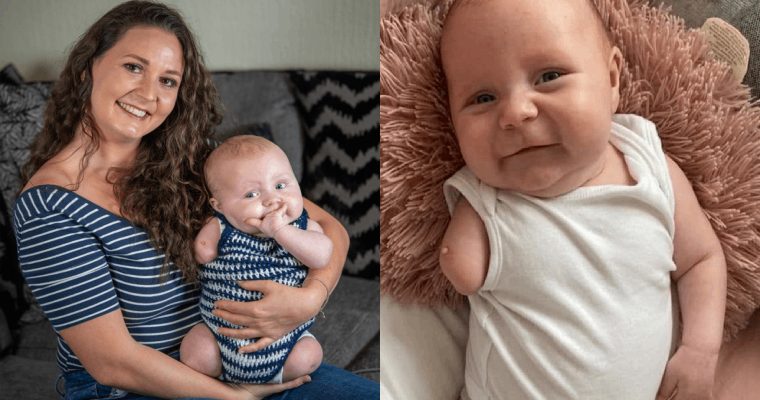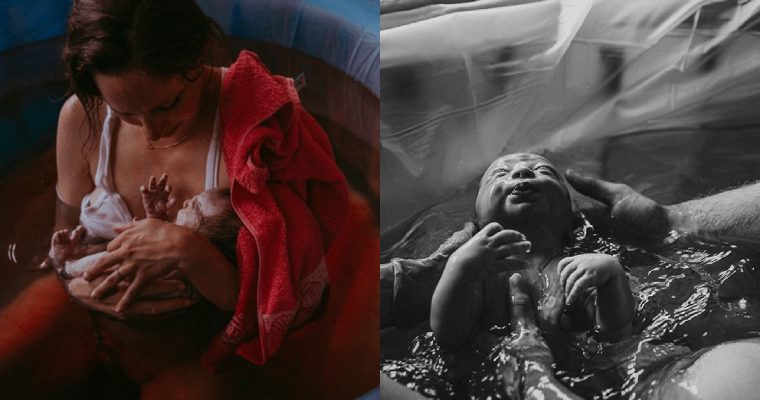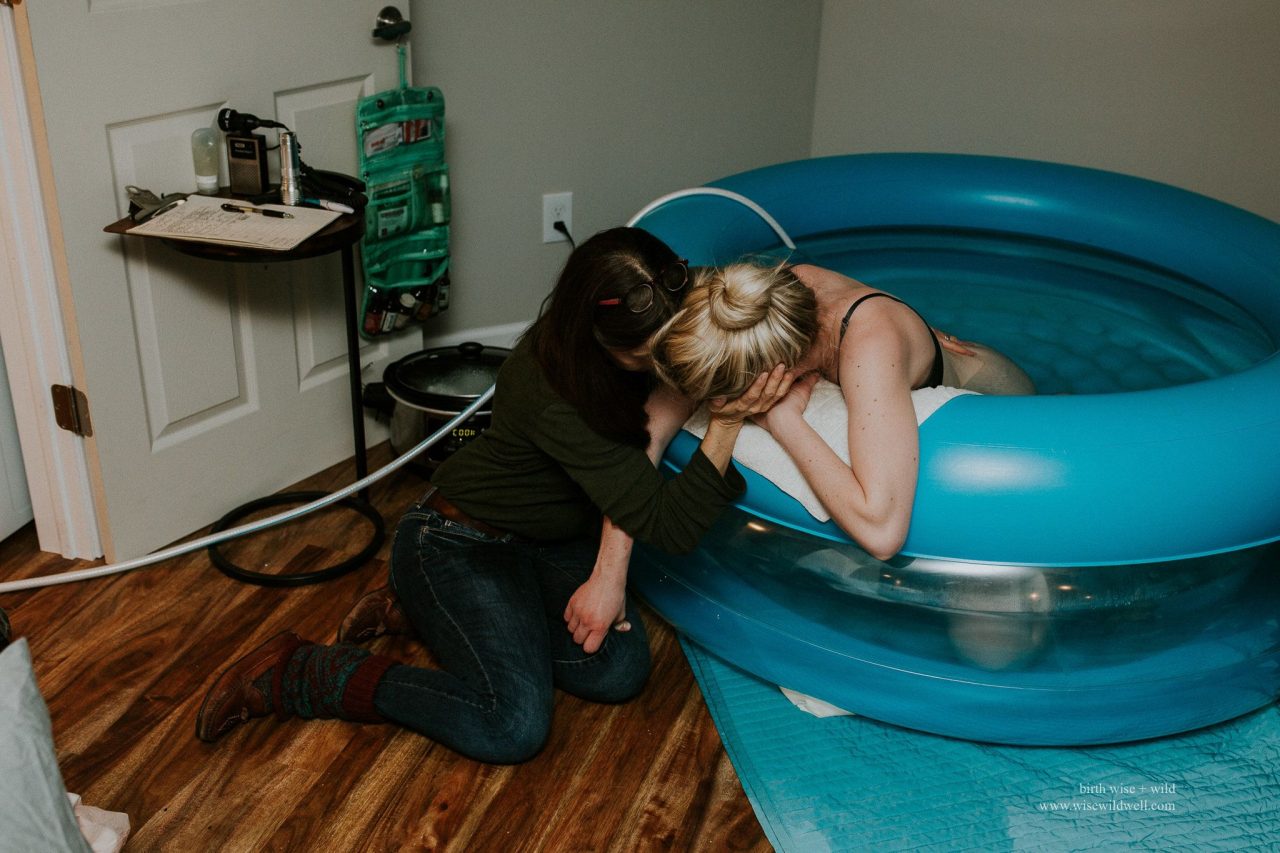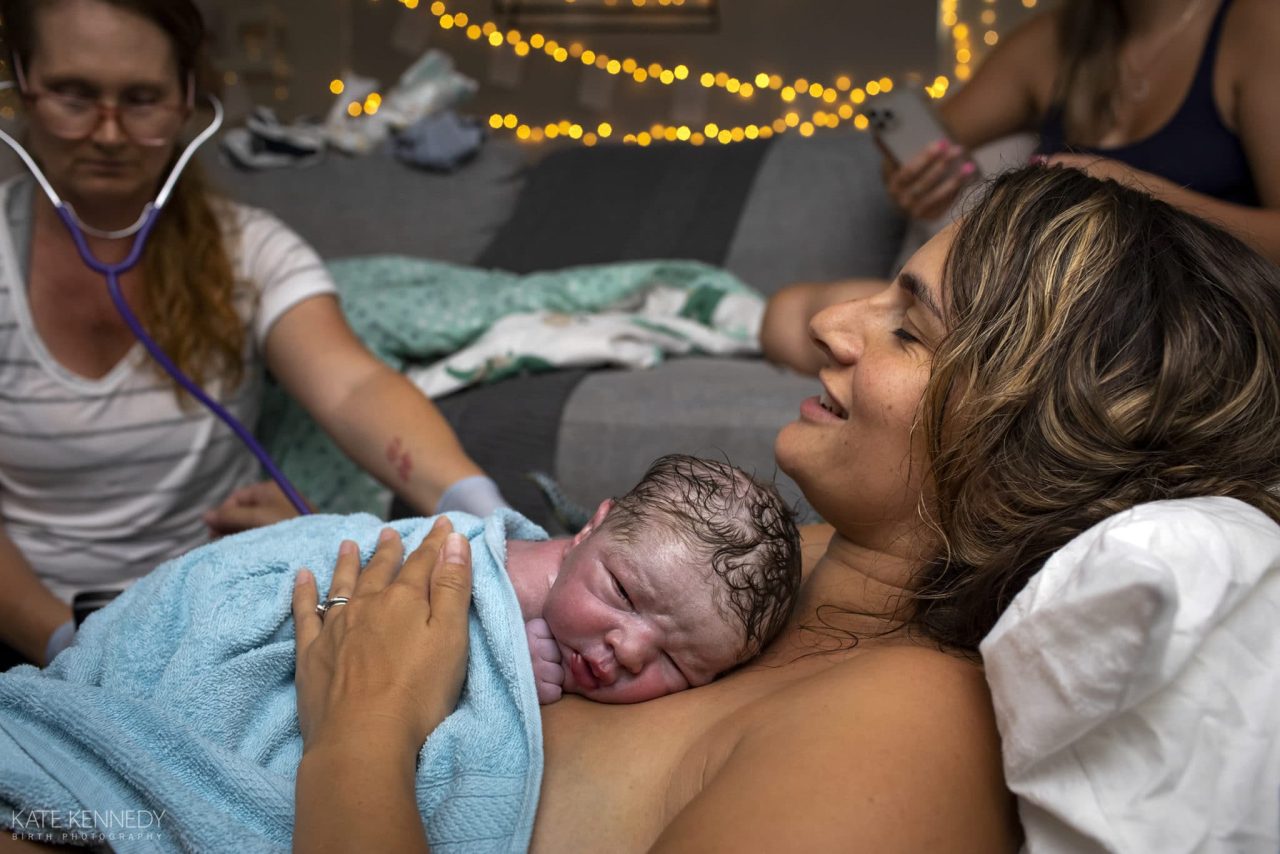While we may wish that infants could constantly be laughing and smiling, it is a fact of early life that infants cry a lot. Typically, they will cry every day, especially in the first few months of life. When you’re a newborn, your body uses crying to let you know what its fundamental needs are.
It can be challenging to understand why a baby is screaming when they are between 0 and 3 months old, but parents will eventually discover what their baby’s cries represent as they grow. Why is your baby crying, and what can you do to stop it?
We’ve included some of the most typical causes of infant crying and how to respond to the baby’s demands.

Hunger or OverfeedingOne of the most frequent causes of newborn crying is hunger. It’s time to feed your infant if you think they might be hungry. In general, newborns nurse every one to three hours (8 to 12 times per day), taking in about 2-3 ounces of breastmilk or formula every feeding. Usually, a baby can wait longer between feedings as they grow.Sometimes, babies who have been overfed cry. Bloating from consuming too much milk might make a newborn momentarily uncomfortable.

FatigueBabies often scream because they are worn out, which is another fairly typical cause. Being so little and adorable can get old fast! Because they require up to 17 hours of sleep every day, newborns typically experience fatigue. This is due to their quickly developing brain and body, despite the fact that they may not be able to perform much on their own. Help your infant get to sleep if you think they might be tired.

Dirty diaperHaving a dirty diaper on a baby is fairly typical. Crying can result from the irritation and disturbing sensation that a full diaper can have on their Sᴋɪɴ. If there is poop in the diaper, change the diaper as soon as you are able to. Parents can typically determine whether their child has soiled their diaper by smelling it. Babies often require diaper changes every two to three hours. There may be a front indicator strip on diapers for younger babies that turns blue when the baby has urinated. This can assist caretakers in determining when to change a baby’s diaper.

Internal temperatureThe baby may be uneasy and cry to express their discomfort if they are overheated or chilly. This may occur if they are wrapped tightly in a blanket or are wearing a jacket in a car seat. Baby should have a jacket they can wear in their car seat that isn’t like a traditional winter coat; one that isn’t overly puffy and won’t make them sweaty. The baby’s jacket can be taken off and put back on once they are in their car seat.
Make sure the baby is napping in a cool place with appropriate body covering. Additionally, they ought to dress warmly in chilly weather or remain in the shadow when outside.

PainBabies may develop infections or irritants that can cause discomfort and cause crying. Pain can be brought on by things like teething, diaper rash, or earaches. A medical expert can handle the treatment of many of these ailments. If you believe the baby is in pain or has an infection, you should seek the advice of a medical professional.
Source: news.motheringdiary.com







